Are you looking for the best food storage tips to keep your food fresh? Then you are in the right place. Before getting into the food storage tips let us see how every household keeps things fresh. This is the story of every household, no kitchen can be called a kitchen without a refrigerator. There couldn’t be more useful appliances than a refrigerator. It is now one of the most basic necessities that everyone has and needs.
The refrigerator’s main function is to keep our eatables safe from staling by keeping it cool. Any food item can survive a good span of time if stored in the refrigerator. To increase your food’s expiry date, they need to be stored in a better way instead of simply storing them in the fridge.
Here is the list of food items that can be stored in a better way to stop staling fast. By following these food storage tips, you can keep food fresh for longer and you will also save some bucks at the grocery store:
How to Keep Food Fresh for Longer?
- Bread: Bread is the staple item found in every household. Many people keep the bread along with its plastic bag in the refrigerator. Bread catches fungi if it remains in the plastic bag due to humidity.
Also, keeping it in the refrigerator makes it hard and difficult to consume. one of the best food storage tips for bread is by keeping it in a tight box with a pinch of salt sprinkled on it for about a week.
To preserve food for longer, one can keep the bread in the freezer, and that way it can live up to 3 months.
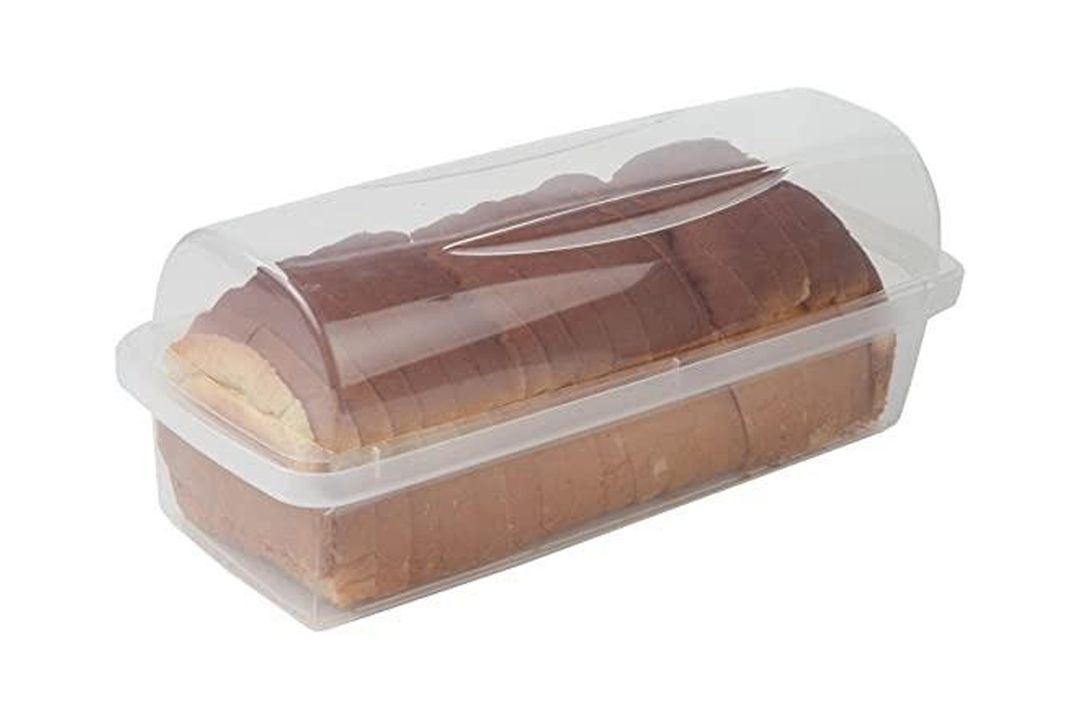 Bread
Bread- Nuts: In almost every household, nuts are kept just anywhere in the pantry packed in a box or fancy containers. That way they catch moisture and start to taste odd. They end up in the trash.
To keep your nuts fresh, one of the best food storage tips is to keep it in the refrigerator. That way, your nuts will remain crunchy as ever.
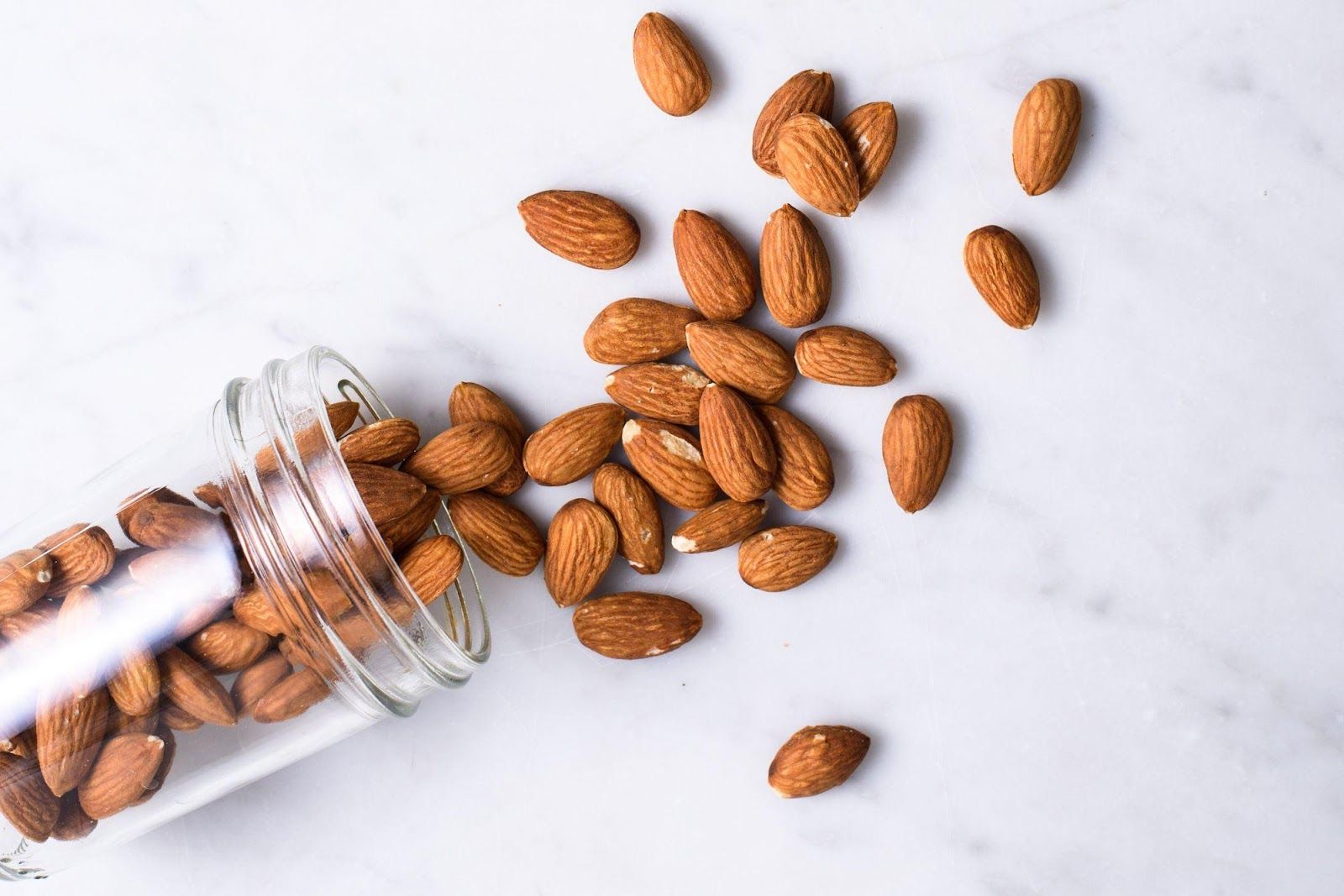 Nuts
Nuts- Potatoes: Many people keep potatoes in the refrigerator. Doing so is wrong because it makes potatoes mushy and bruised quicker than ever.
The best way to store unpeeled potatoes is in the pantry or kitchen cupboard. Keeping potatoes away from heat, sunlight, and cold will keep them fresh for a longer period of time.
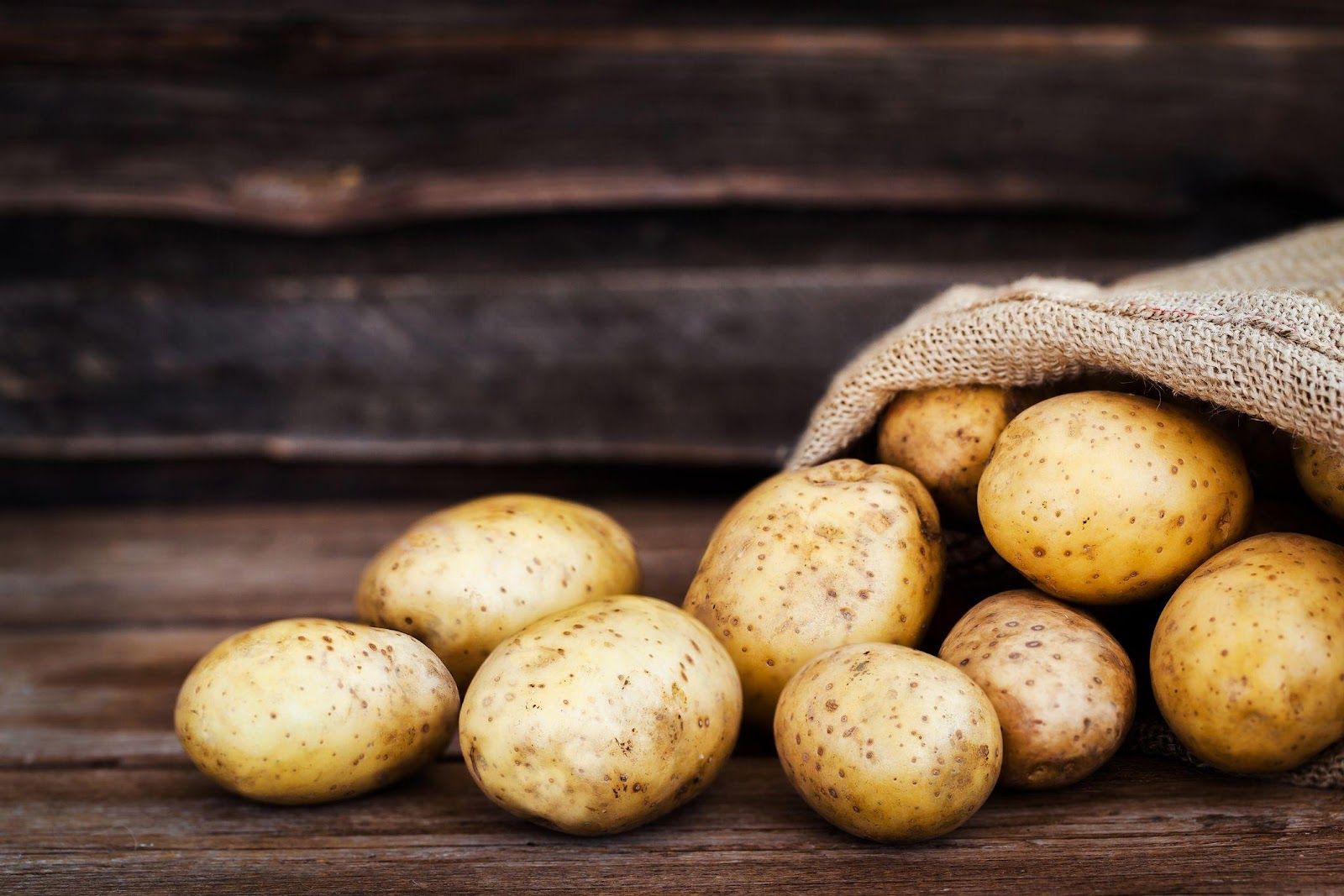 Potatoes
Potatoes- Milk: Many of us tend to keep out milk bottles or tetra packs in the door of the fridge. This is not the right way since every time we open the door, the milk is exposed to room temperature.
Your milk can go bad in no time if you are not a consistent milk drinker. one of the best food storage tips is to keep the milk inside the fridge and not on the door.
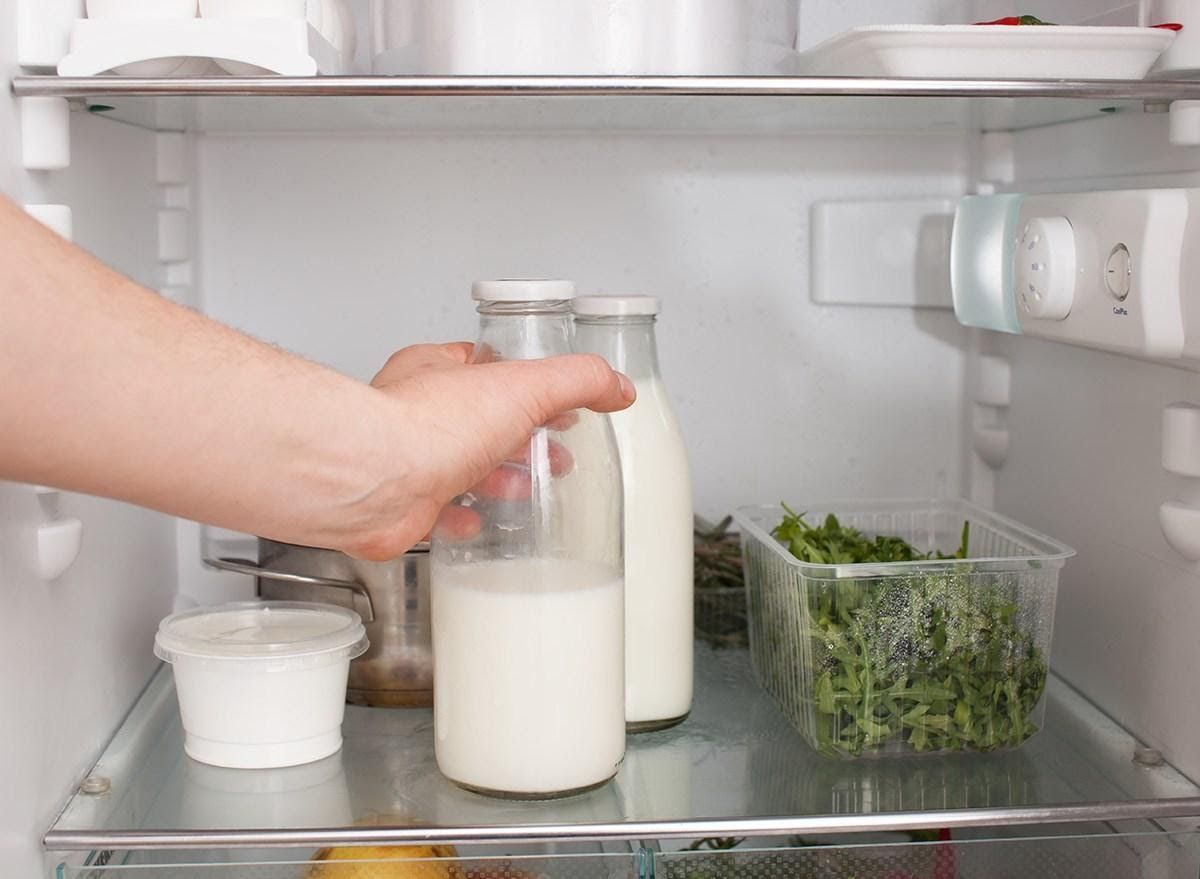 Milk
Milk- Onion and garlic: Many people make the mistake of storing onions and garlic in the refrigerator. Storing these in low temperatures makes them stale faster and they get covered in mold.
They are best kept in a cold and dry place. It is advisable to store them in a box in a cabinet. You can also tie them together and leave them hanging in the kitchen.
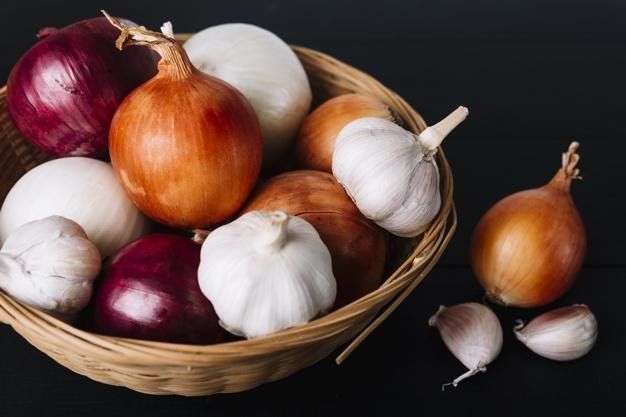 Onion and garlic
Onion and garlic- Avocadoes: To obtain a nice creamy avocado many people tend to store them in the refrigerator. Low temperature prevents the avocado from fully ripe.
The matter of fact is avocados have a low shelf life so it is best to keep them in open on the counter. And consume it whenever the outside feels slightly tender.
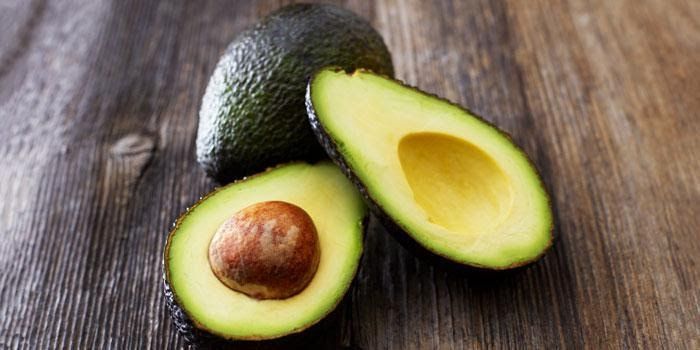 Avocadoes
Avocadoes- Tomatoes: Most of us keep the tomatoes in the refrigerator to avoid over-ripening. The truth is that the low temperature of the fridge can spoil the texture and also deteriorates the taste.
For perfectly juicy and fresh tomatoes, it is best to keep them at room temperature on the counter. Make sure you choose a well-ventilated basket for your tomatoes. Also, don’t over pile them as the once at the bottom can go bad.
 Tomatoes
Tomatoes- Bananas: Banana is one such fruit that people enjoy only if perfectly riped. It is difficult to maintain bananas’ shelf life. The big mistake is keeping them in the refrigerator.
Bananas will develop black peels and will not be liked. It is best to keep the bananas at room temperature to balance its ripening process.
To keep your bananas fresh for a day or two, wrap a plastic sheet on the little stems. It will slow the ripening process, keeping the bananas fresh the following days as well.
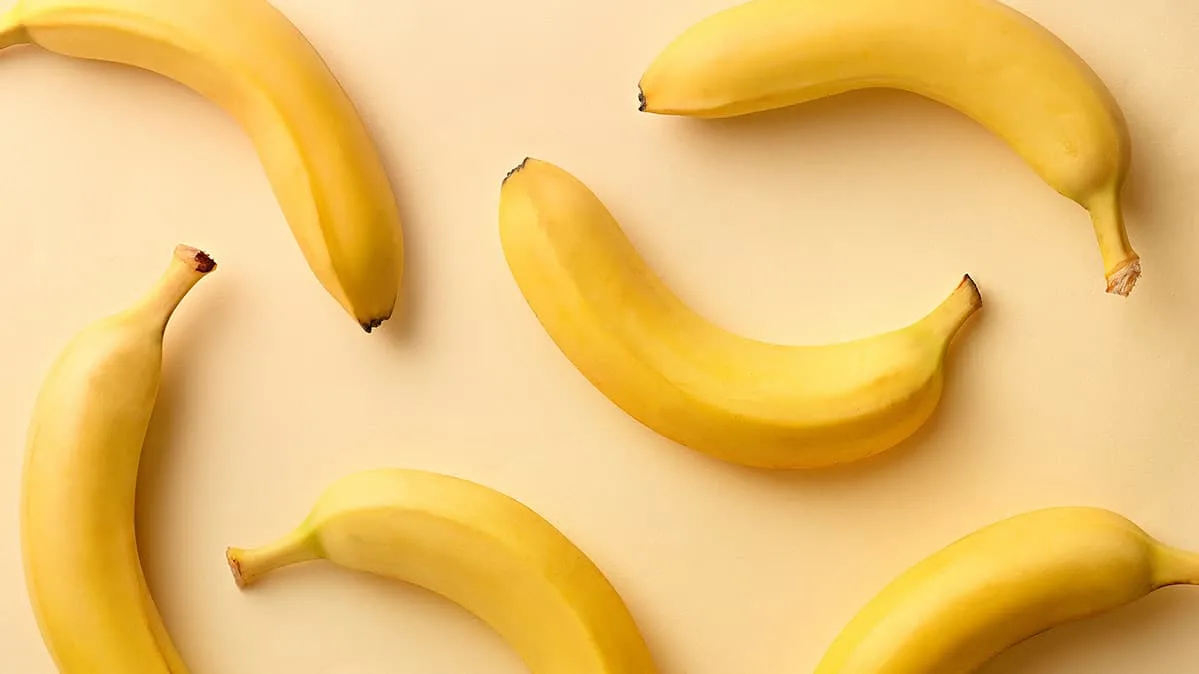 Banana
Banana- Eggplant: Eggplant is one such vegetable which if kept in the refrigerator, will go saggy and lose all its good qualities. It is best to keep it out in the open but away from direct sunlight. Eggplant has a shorter shelf life so it is recommended to consume it 2-5 days of its purchase.
 Eggplant
Eggplant- Cucumbers: Cucumbers are also stored in the refrigerator in many of our households. Doing so can make them rot very fast. They must be kept out in the open but away from sunlight. Doing so will keep the cucumbers fresh for longer.
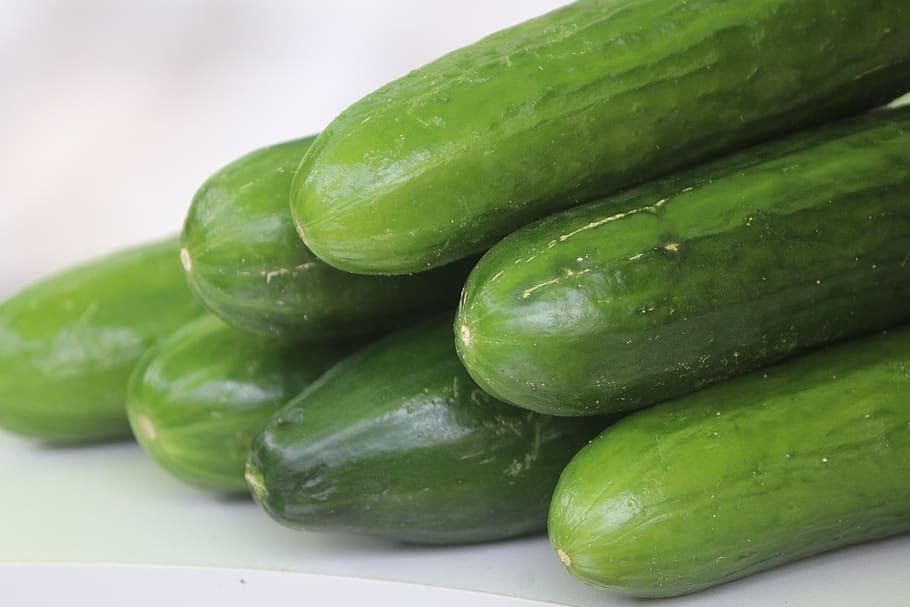 Cucumbers
Cucumbers- Flour: Flour is one such item that is usually bought in bulk and is used for a long time so it needs to be stored right to keep it fresh. Storing flour under high temperatures and humidity will result in bugs and mold attacks.
The best way to store flour is in a closed jar in a cupboard or fridge. The temperature should be between 50-65 degrees Fahrenheit.
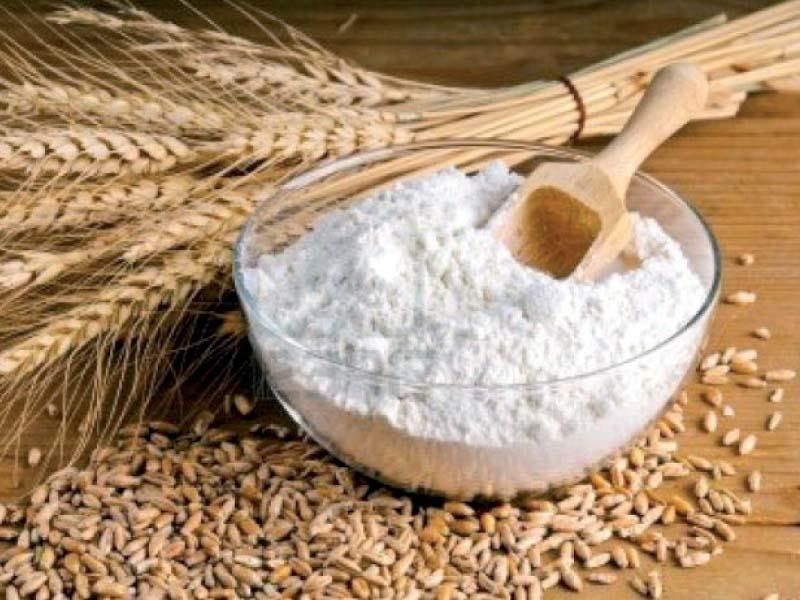 Flour
Flour- Eggs: Some of us keep our eggs out in the open while others prefer to keep it in the refrigerator. Both are not wrong. The best place to keep eggs is at the door of the refrigerators which will balance the temperature every time we open the fridge.
That is why the egg tray of the refrigerator is kept at the door and not inside. We must also ensure that we store the eggs in the same packaging box and not throw it away. It will maintain the freshness of the eggs.
 Eggs
EggsIt is very important to take care of these small points while storing our groceries. We obviously don’t want anything to stale or rot. We hope these minute food storage tips will help you to make sure everything in your kitchen remains fresh.
Also Read; Healthy Way To Shop And Store Your Food

